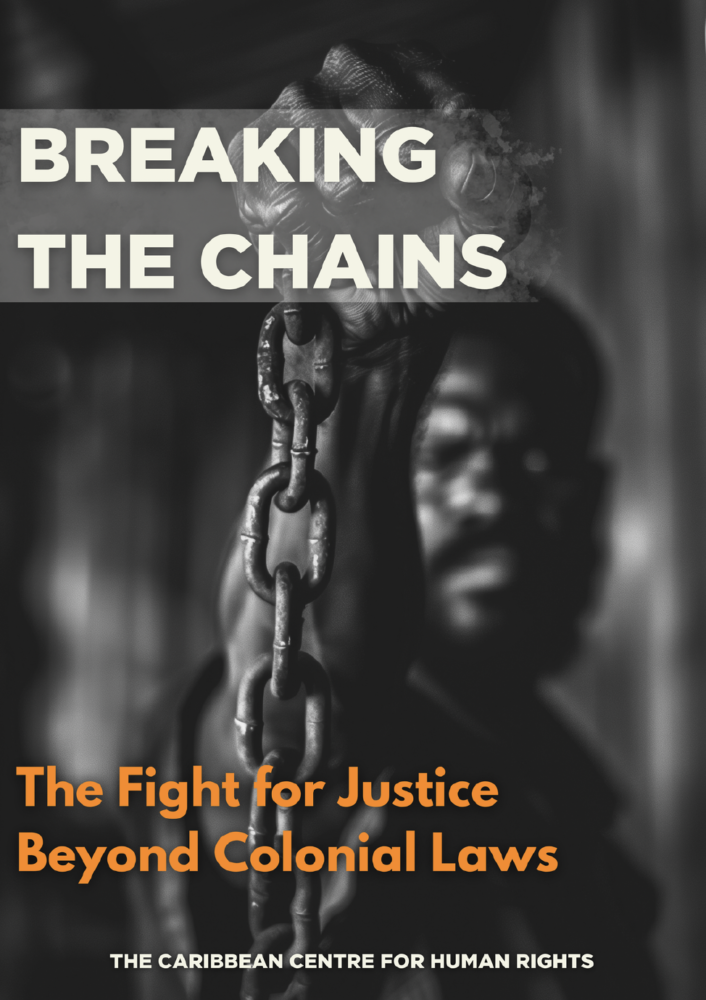A remarkable feature of the new Caribbean Constitutions is that they incorporate special provisions which protect existing customary and statutory laws against legal challenges where they contravene the principles stated in the new fundamental rights provisions. This was remarkable for countries which had experienced through slavery and colonisation the worst impact of inhumane laws.
The motivation for the inclusion of the savings clause in our Constitutions was essentially a fear that the new guarantees would lead to endless challenges to existing legal rules as well as to new legislative proposals and so cause endless litigation and hamper the governments’ legislative agenda.
The fact is the countries which did not adopt savings clauses or limited their operation to a defined period have not suffered any avalanche of legal challenges or interruption in their socio-economic development as a result. On the contrary, those countries that have adopted savings clauses have been plagued with litigation concerning the scope and impact which should be accorded to these clauses.
An analysis of the relevant judicial precedents as has been done by the learned contributors is not only invaluable to the development of Caribbean constitutional law but provides an incentive for our re-examination of the foundations of our democracy and national aspirations. This book analyses important factors in our effective realisation of human rights and in particular the impact of savings clauses on those rights. It will assist our appreciation of the historical background, our understanding of our present situation and our assessment of our future prospects.
The Chapters contain several controversial and challenging statements. Many of the saved laws are concerned with subjects of a highly controversial nature, such as the death penalty and same-sex marriages. There can be no doubt that, as the people of the Caribbean need to confront these subjects, the savings clauses provide a platform for the discourse. The learned authors have provided a careful analysis and comparison of the judicial decisions on the subject. The Chapters will provoke introspection and reassessment of an important feature of our fundamental law.

